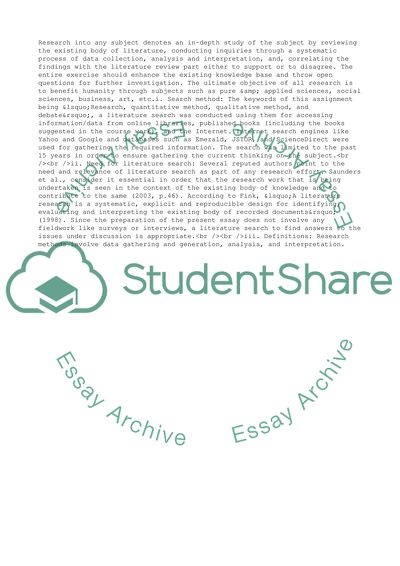Cite this document
(The Quantitative and Qualitative Debate: Contrasting the Two Main Coursework, n.d.)
The Quantitative and Qualitative Debate: Contrasting the Two Main Coursework. https://studentshare.org/business/1726691-the-quantitativequalitative-debate-contrasting-the-two-main-paradigms
The Quantitative and Qualitative Debate: Contrasting the Two Main Coursework. https://studentshare.org/business/1726691-the-quantitativequalitative-debate-contrasting-the-two-main-paradigms
(The Quantitative and Qualitative Debate: Contrasting the Two Main Coursework)
The Quantitative and Qualitative Debate: Contrasting the Two Main Coursework. https://studentshare.org/business/1726691-the-quantitativequalitative-debate-contrasting-the-two-main-paradigms.
The Quantitative and Qualitative Debate: Contrasting the Two Main Coursework. https://studentshare.org/business/1726691-the-quantitativequalitative-debate-contrasting-the-two-main-paradigms.
“The Quantitative and Qualitative Debate: Contrasting the Two Main Coursework”. https://studentshare.org/business/1726691-the-quantitativequalitative-debate-contrasting-the-two-main-paradigms.


